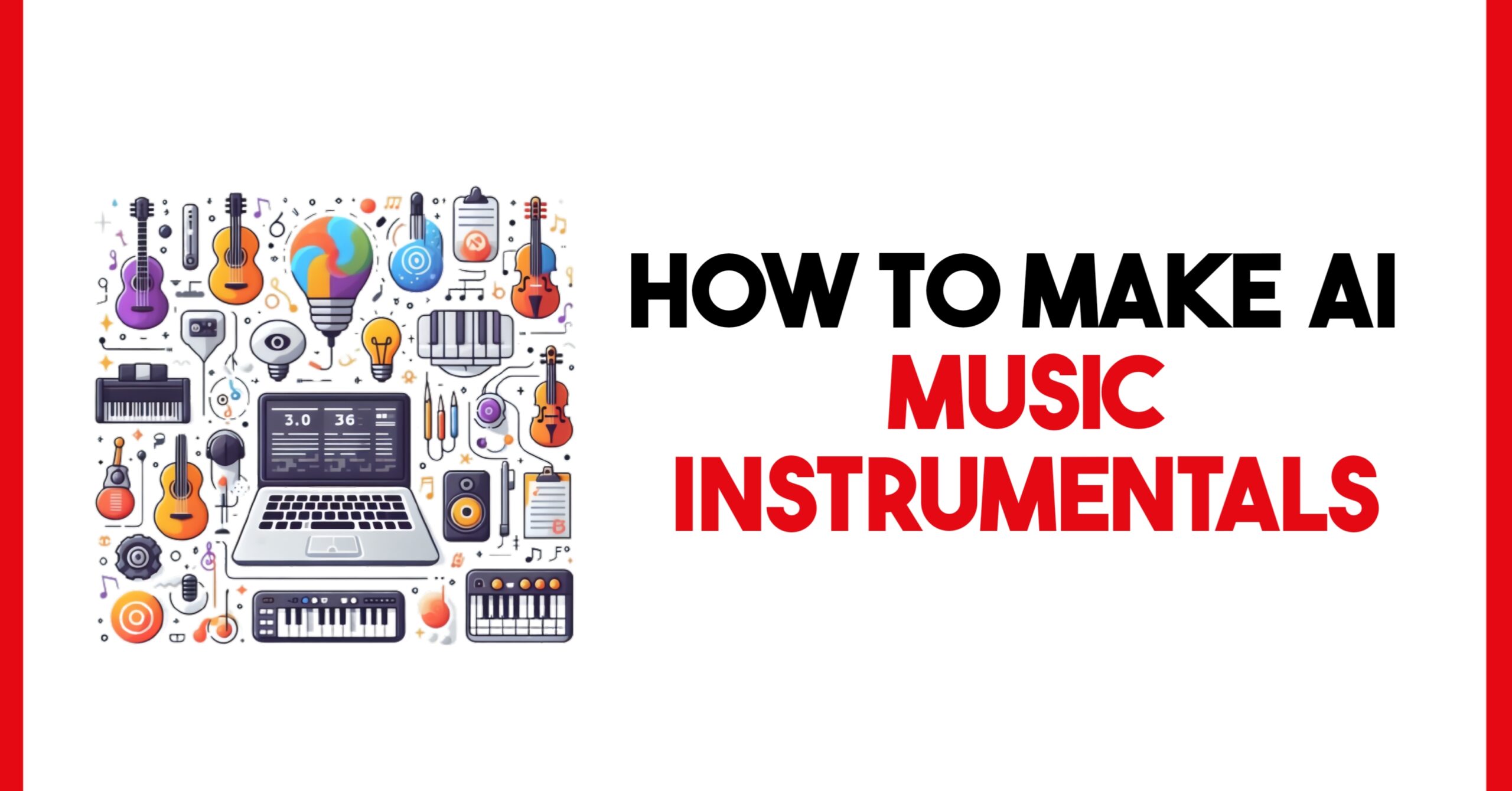In the dynamic world of music production, AI music and instrumental generators have emerged as revolutionary tools for artists, producers, and enthusiasts. These innovative platforms offer the ability to create high-quality music compositions with ease, transforming simple ideas into complex musical pieces. Whether you’re a seasoned musician or a beginner, AI music generators provide a seamless experience, from ideation to the final product. With a variety of features such as royalty-free music creation, studio-quality instrumentals, and user-friendly interfaces, these generators are shaping the future of music composition. This article explores the best websites for creating AI music or instrumentals, delving into their capabilities, benefits, and how they are redefining the music production landscape. in this guide we learn how to make AI music instrumentals.
How I Do It: Step-by-Step Guide for How to make AI music instrumentals
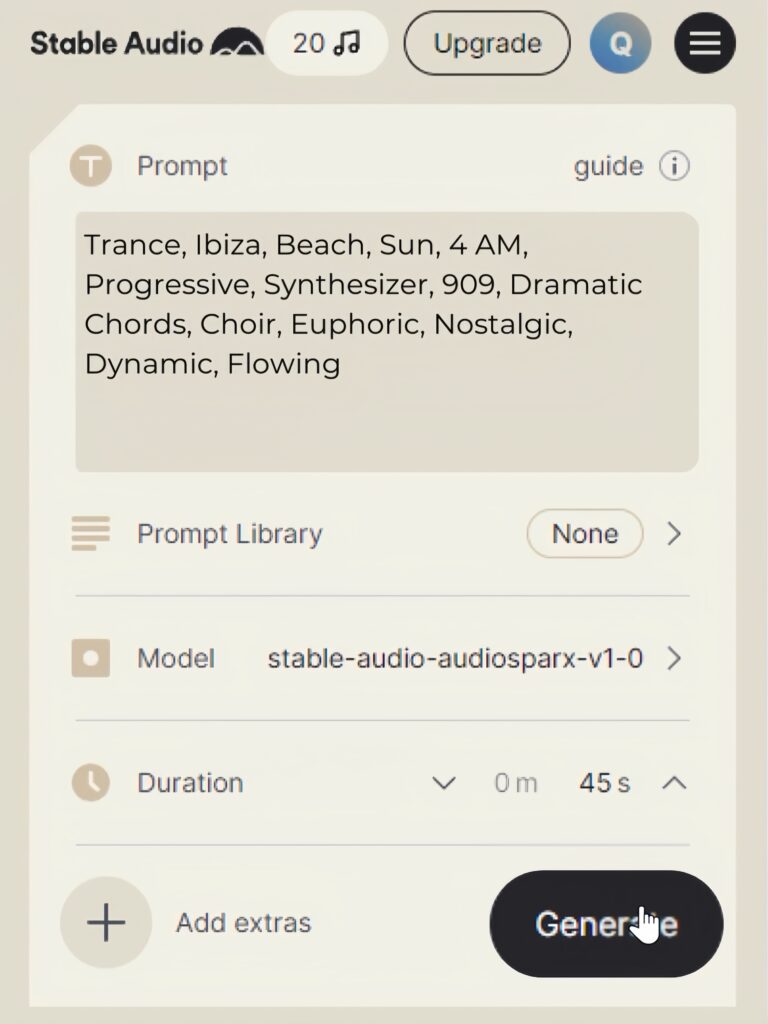
The rise of AI in music is transforming the industry, blurring the lines between technology and creativity. Watch me write a simple prompt, hit enter, and with just one click, I turned it into a complete new instrumental within a few minutes. Listen.
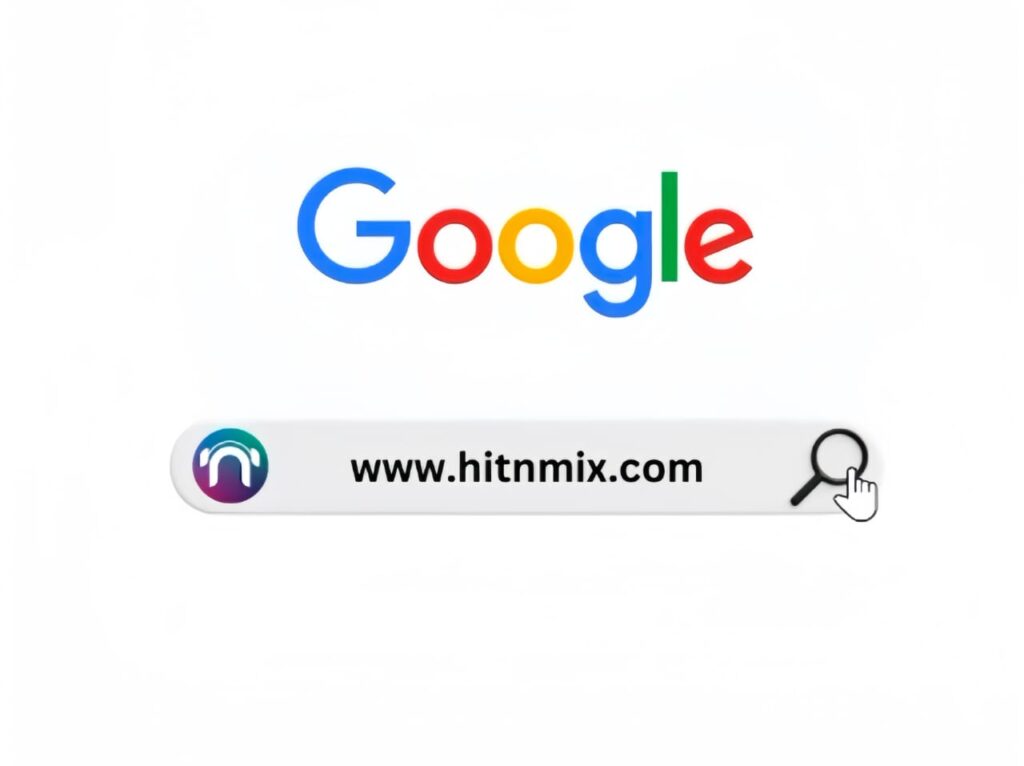
How amazing was that? But it gets better. If you head over to HitNMix., straight on their homepage, you’ll see an AI editing tool called RIP-X. And what this does?
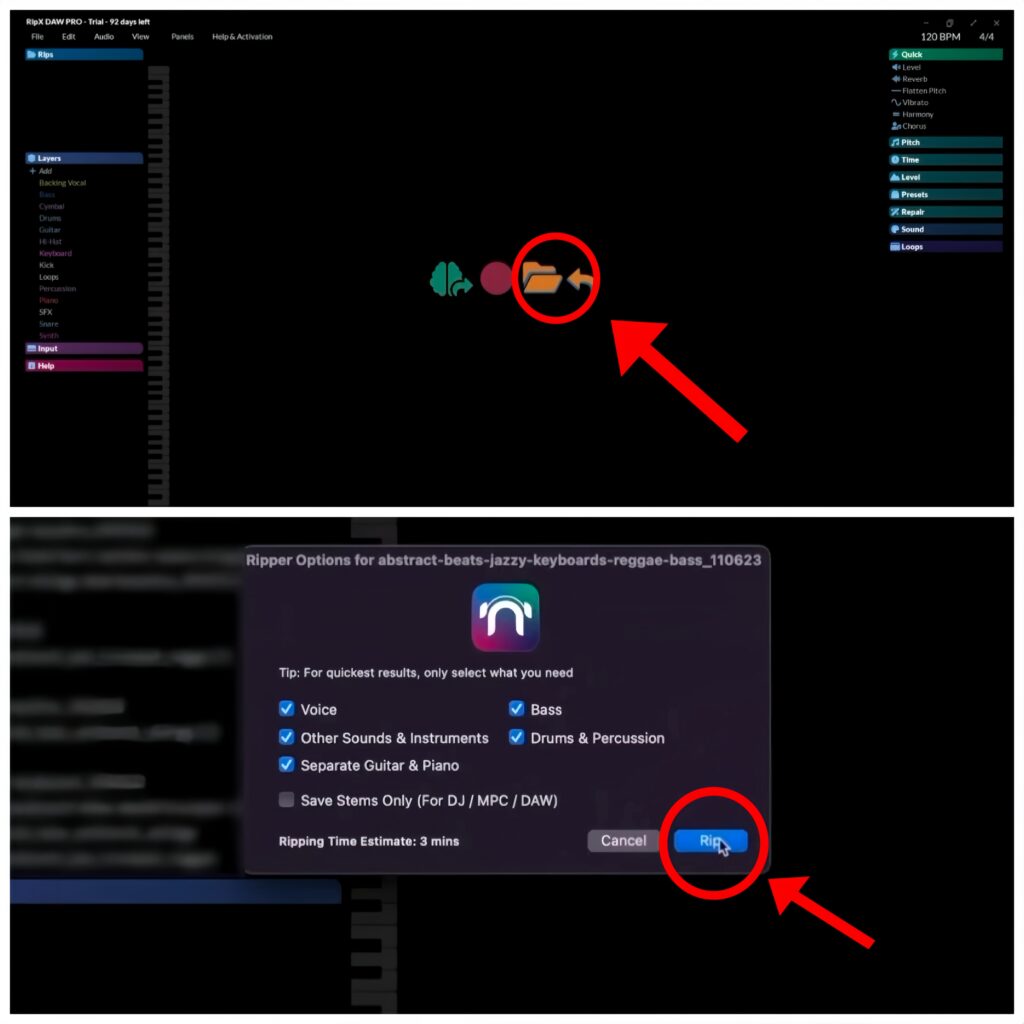
Well, click here to add your song file, click on RIP to start, and the AI will now analyze the song and separate it into different parts. Once the file has been analyzed, your user interface will look like this.
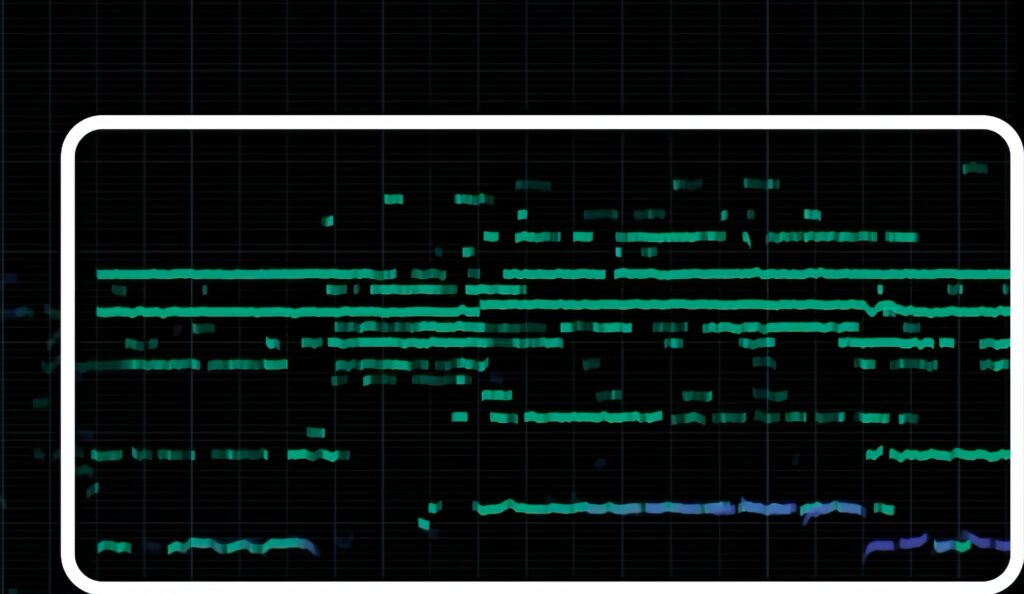
• Over here is your track’s waveform
• And here you can play your track.
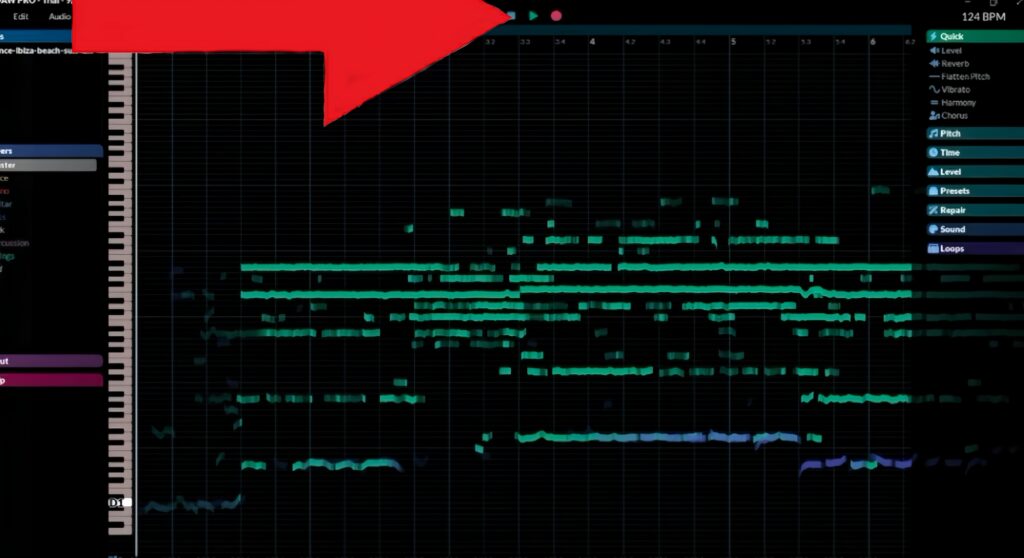
• You can change the pitch of your sample. So let’s change the section’s pitch to give you a demonstration.
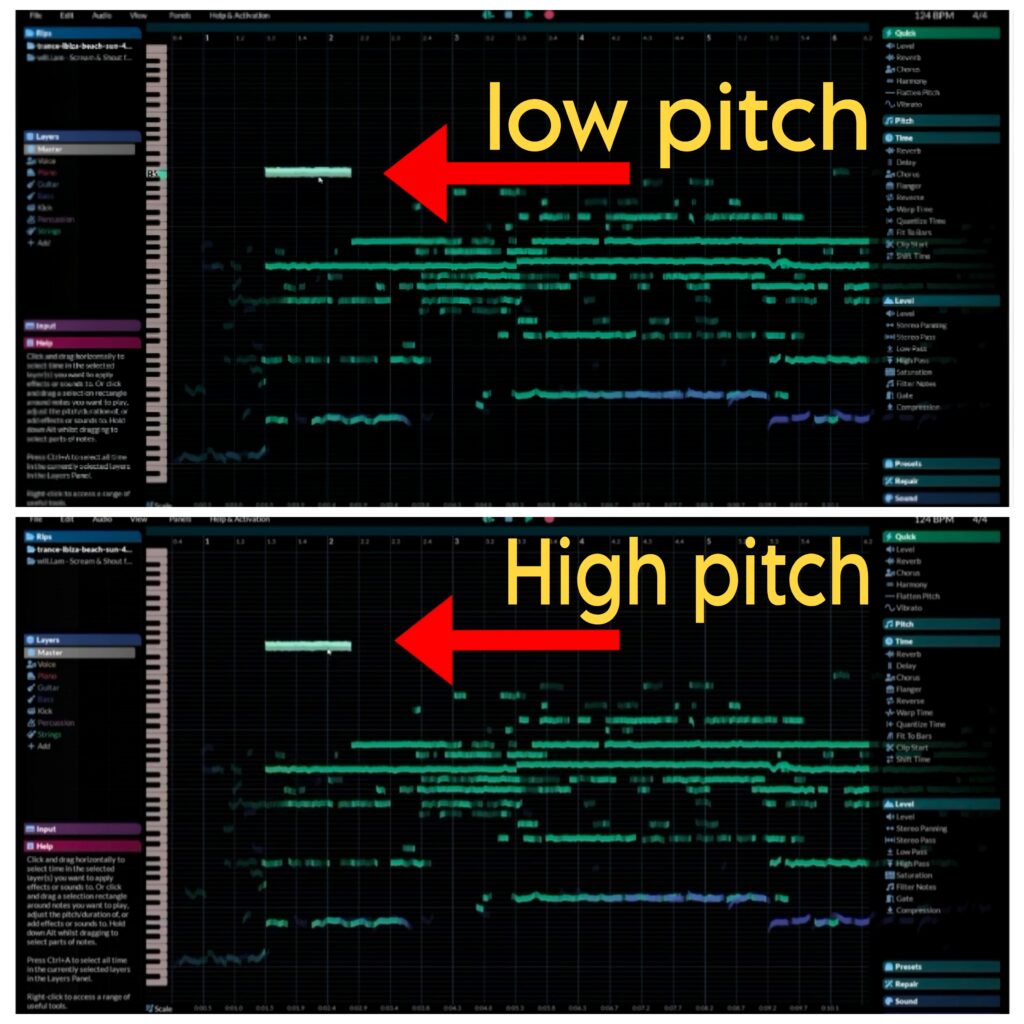
• Lets first create LOW PITCH.
• Now, we’ll create HIGH PITCH.
• Now let’s move over to the section that says layers. Here you will find your stems, and here you can solo the bass.
• But also mute certain parts or increase the stems volume.
• Now I mute the kick.
• Now I will increase the volume of the strings.
• And here I increase the volume of the kick.
All by all, a really useful AI tool to find quality a cappella and instrumentals for either dj or producing.
Key Takeaways
- AI music generators are revolutionizing the music industry by providing tools for high-quality composition with minimal effort.
- Platforms like Limewire AI Music Studio and Musicfy offer unique features such as text-to-music functionality and royalty-free creations.
- The user-friendly nature of these AI tools makes music generation accessible to non-coders and beginners, democratizing music production.
- AI instruments can replicate studio-quality sounds without the need for actual instruments or studio time, saving resources for artists.
- The integration of AI in music creation expands creative boundaries by generating new and unique musical ideas and inspirations.
Exploring AI Music Generators for Creative Composition

Understanding the Capabilities of AI Music Tools
The advent of AI music tools has transformed the landscape of music production, offering a plethora of capabilities that cater to both seasoned artists and beginners. AI music generators have emerged as a pivotal innovation, providing a range of functionalities from crafting unique tunes to composing fully realized tracks. These tools serve as virtual bandmates, capable of generating melodies, chords, and even entire instrumental sections.
- Melody Generation: AI can create captivating melodies that serve as the backbone of a composition.
- Chord Progression: Sophisticated algorithms can suggest harmonious chord sequences.
- Full Instrumentation: From drums to strings, AI can produce complete instrumental arrangements.
- Music Licensing Simplification: AI tools streamline the process of licensing music for use.
By bridging the gap between extensive musical knowledge and those just starting out, AI music tools make music creation more accessible to a wider audience. They are a forward-thinking approach that has the potential to revolutionize the music industry and enhance the creative process.
The benefits of using AI in music creation are manifold, enabling artists to push the boundaries of their creativity. As we explore the key AI music breakthroughs, it’s clear that knowledge is the first step to leveraging these advancements and staying ahead of industry changes.
Comparing Top AI Music Generators
When venturing into the realm of AI music creation, the array of available tools can be overwhelming. Selecting the right AI music generator is crucial for artists seeking to enhance their creative process. Each platform offers a distinct set of features tailored to different aspects of music production.
- Boomy stands out for its user-friendly interface, allowing individuals with no musical background to create music effortlessly.
- Mubert is praised for its innovative approach, providing a unique experience in music generation.
- Ava excels in composing classical and ambient music, perfect for those looking for sophistication in their tracks.
- Beatbot and Beat Oven are known for their simplicity, making them accessible to creators of all skill levels.
While the choice of an AI music generator depends on personal needs and preferences, it’s important to consider the ease of use, the diversity of genres available, and the quality of the output.
Exploring these platforms through trials or demos can give a better sense of their capabilities and help in making an informed decision. The goal is to find a tool that not only simplifies the music creation process but also inspires new musical ideas.
Navigating the User-Friendly Interfaces of AI Music Software
The ease of use is a critical factor when it comes to AI music software. Users, regardless of their technical expertise, can harness the power of AI to create complex compositions with simple, intuitive interfaces. Here’s what to look for:
- Intuitive navigation: The layout should be straightforward, allowing you to find features quickly.
- Clear instructions: Look for software that provides helpful tips and tutorials.
- Responsive design: The software should work well on various devices, including tablets and smartphones.
By focusing on user experience, AI music software developers have democratized music production, making it accessible to a wider audience.
Moreover, many AI music platforms offer a range of presets and templates, which can be a great starting point for beginners. Experimentation is encouraged, and with a few clicks, users can tweak these presets to suit their unique style. The goal is to transform your ideas into songs without getting bogged down by complex processes.
The Revolution of AI Instruments in Music Production

From Acoustic Melodies to Digital Masterpieces
The transition from traditional acoustic melodies to digital masterpieces has been revolutionized by AI instruments. These advanced tools have made it possible to transform any acoustic melody into a variety of digital sounds, such as a saxophone’s smooth notes or the rhythmic patterns of beatbox drums. With AI instruments, the power of studio-quality session instrumentalists is now accessible to anyone, anywhere.
The convenience of AI instruments allows musicians to bypass the need for physical studios or expensive equipment. Instead, they can produce studio-quality instrumentals directly from their computers, ensuring that their creative process is uninterrupted and more efficient than ever.
AI music generators have opened up a world of possibilities for music creation. By simply describing the desired style or mood, musicians can leverage AI to generate original compositions in moments. This not only saves time but also inspires new creative directions that might not have been possible before.
The Convenience of Studio-Quality AI Instrumentals
The advent of AI music generators has brought the luxury of studio-quality instrumentals to the desktops and devices of creators everywhere. No longer is there a need for expensive studio time or physical instruments to produce professional-sounding tracks. AI instruments have democratized music production, making it accessible to artists and producers regardless of their budget or location.
The transformation of an acoustic melody into a full-fledged instrumental is now just a few clicks away. AI Instrument models allow for the conversion of any audio file into a myriad of instrument sounds, from the rich tones of a saxophone to the rhythmic pulse of beatbox drums.
The process is straightforward and offers a plethora of benefits:
- Ease of Use: Navigate the software with intuitive controls.
- Versatility: Create sounds across a wide range of instruments.
- Cost-Effectiveness: Eliminate the need for additional studio or instrument expenses.
- Royalty-Free: Utilize AI-generated instrumentals without worrying about licensing fees.
This shift towards AI-assisted music creation is not just a trend but a significant leap forward in how we approach the art of music production.
Royalty-Free Music Creation with AI Instrument Models
The advent of AI instrument models has revolutionized the way music is created, offering a plethora of sounds and styles at the fingertips of creators. With AI Instruments, you can transform any audio file into the sound of virtually any instrument, ensuring your compositions are both unique and royalty-free. This innovation eliminates the need for costly studio sessions and the hassle of licensing agreements.
AI instrument models empower musicians to explore new creative horizons without the limitations of traditional music production methods.
Kits, for example, provides a comprehensive library of AI instrument models, from the rich tones of a bass guitar to the rhythmic beats of drums. Here’s a glimpse into the variety available:
- Bass
- Guitar
- Drums
- Saxophone
- Beatbox
Each model is designed to produce studio-quality sound, allowing you to ditch the studio and create professional instrumentals right from your workspace. Moreover, all AI-generated instrumentals from Kits are 100% royalty-free, giving you the freedom to use them in your projects without any additional costs or legal concerns.
Becoming an AI Music Creator: A Guide for Beginners

First Steps in AI Music Generation
Embarking on the journey of AI music generation begins with selecting the right platform. Begin by exploring the AI music generation platform of your choice. In platforms like Splice, you can experiment with generating several variations on the same style and theme, which can serve as a foundation for your musical projects.
Once you’ve chosen a platform, familiarize yourself with its interface and capabilities. Start by inputting simple parameters such as genre, tempo, and mood. This initial step is crucial as it guides the AI in creating a piece that aligns with your vision.
The beauty of AI music generators lies in their ability to turn a few descriptive words into a full-fledged musical piece, reflecting the desired style or mood with surprising accuracy.
Finally, review the generated music and select the best pieces to refine and integrate into your compositions. This iterative process allows you to collaborate with the AI, shaping the music to your taste and bringing your ideas to life.
Transforming Ideas into Music with AI
The journey from concept to composition is now more accessible than ever with AI music tools. Musicians can transform their ideas into full-fledged instrumentals with just a few clicks. This democratization of music production means that you don’t need to be a seasoned composer to create beautiful melodies; AI does the heavy lifting.
- Identify your musical style or genre.
- Select the mood or emotion you wish to convey.
- Choose the instruments or sounds to include in your piece.
- Input these preferences into the AI music generator.
- Refine and edit the generated music to your taste.
The beauty of AI music generators lies in their ability to learn from each interaction, improving their suggestions and outputs over time. This iterative process ensures that the music you create is not only unique but also evolves with your personal style.
Leveraging AI Tools for Non-Coders in Music
The landscape of music production is evolving with AI tools becoming increasingly accessible to non-coders. No longer is technical expertise a barrier to entering the world of AI music creation. With intuitive interfaces and guided workflows, these tools are designed to be user-friendly, allowing anyone with a passion for music to explore and create.
- AIVA: A top choice for beginners, offering a wide range of styles.
- Amper Music: Focuses on creating soundtracks and jingles.
- Jukedeck: Tailored for creating unique background music.
- Humtap: Ideal for transforming vocal melodies into full compositions.
The democratization of music production through AI is not just a trend; it’s a shift in how we approach creativity and composition.
By leveraging AI music generators, individuals can experiment with different genres and styles without the need for extensive musical training. This opens up a world of possibilities for those who may have felt excluded from the music industry due to a lack of coding or musical skills.
The Advantages of AI-Generated Music for Artists

Time and Resource Efficiency in Music Composition
The integration of AI into music composition heralds a new era of efficiency for artists. AI-generated music can significantly reduce the time and resources required for creating new pieces, allowing musicians to allocate their efforts towards perfecting their artistry and performance. This shift not only streamlines the workflow but also opens up possibilities for higher productivity.
- AI music tools automate complex composition tasks.
- They generate a plethora of musical ideas quickly.
- Artists can explore new genres without the need for extensive training or research.
The democratization of music production through AI means that creating studio-quality tracks is no longer confined to those with access to expensive equipment or advanced musical training.
Furthermore, the cost-effectiveness of AI music generators makes them an attractive option for independent artists and small studios. By minimizing financial barriers, these tools are empowering a wider range of creators to produce professional-sounding music.
Inspiring Creativity with Unique AI-Generated Ideas
The advent of AI music generators has ushered in a new era of creative possibilities for artists. These tools are not just about automating composition; they’re about inspiring new forms of musical expression. By providing a platform for experimentation, AI enables musicians to explore genres and styles they may not have considered before.
- AI music generators can produce a wide range of music, from fast guitar solos to sweeping symphonies.
- They allow for rapid prototyping of musical ideas, facilitating a creative workflow.
- Artists can specify the style or mood, and the AI will deliver a unique composition.
The beauty of AI-generated music lies in its unpredictability and the fresh perspectives it offers. It’s a collaborative partner that challenges artists to push their creative boundaries.
The table below highlights the diverse capabilities of AI music generators, showcasing how they can inspire artists to venture into new musical territories:
| Feature | Description |
|---|---|
| Style Flexibility | AI can generate music across various genres. |
| Mood Adaptation | Compositions can be tailored to desired emotions. |
| Idea Generation | AI provides a starting point for creative exploration. |
| Rapid Prototyping | Quick turnaround for testing and refining ideas. |
By leveraging the unique capabilities of AI, musicians can transform their creative process, discovering new horizons in the vast landscape of music.
Embracing AI in music creation is a forward-thinking approach that not only revolutionizes the industry but also enhances the creative process for musicians and artists. It bridges the gap between seasoned professionals and beginners, fostering an inclusive environment where anyone can contribute to the musical tapestry.
In this article we have talked about How to Make AI Music Instrumentals: An Easy Step-by-Step Guide, but if want to know 2024 Best AI SEO Tools. click here (NEW METHOD)
Conclusion
In the symphony of AI music and instrumental creation, we’ve explored a range of websites that hit all the right notes for artists and producers alike. From the royalty-free versatility of AI Instruments and the transformative capabilities of Limewire AI Music Studio to the user-friendly interfaces of Music 10 and Sandra.io, these platforms offer a harmonious blend of innovation and accessibility. Whether you’re a seasoned musician or a newcomer to the scene, AI music generators like Musicfy with its text-to-music functionality provide a powerful toolset to unleash your creativity without the constraints of traditional music production. The benefits of using AI in music creation are clear: time-saving automation, boundless inspiration, and the ability to produce unique, copyright-free compositions. As AI continues to evolve, it will undoubtedly keep tuning the possibilities of musical expression, making it an exciting time to be an AI music creator.
